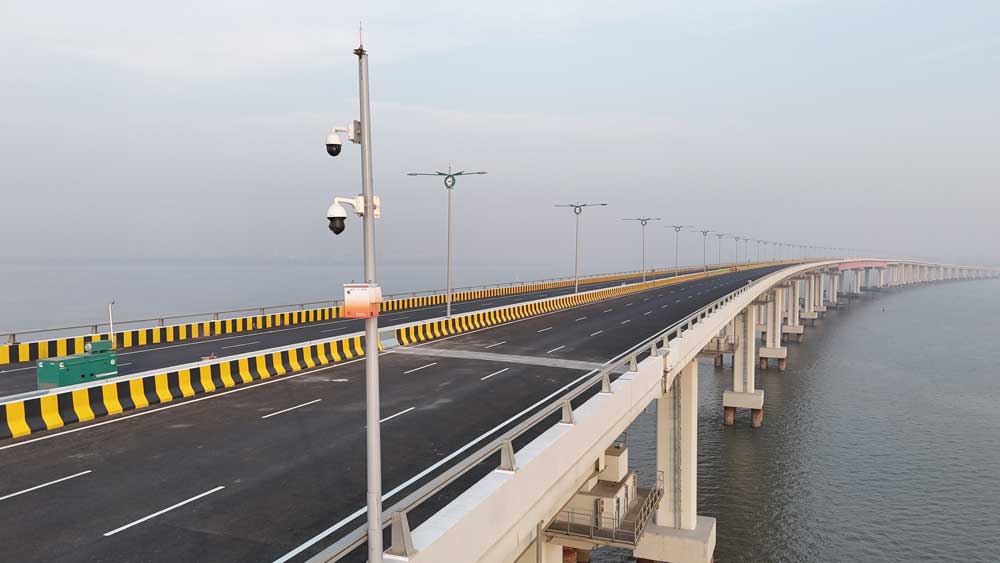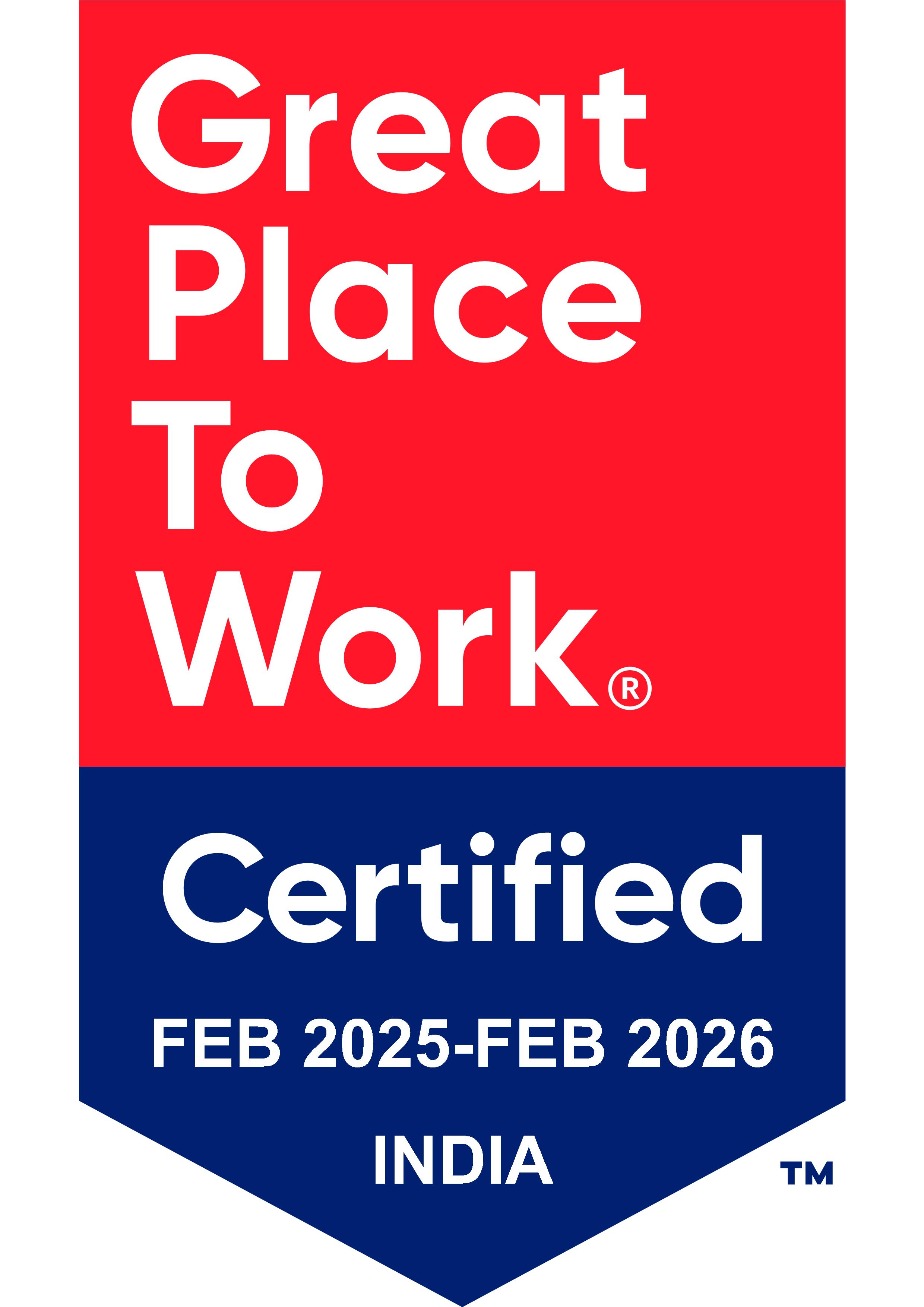Mumbai Atal Setu (MTHL)
Mumbai, the vibrant and bustling metropolis, stands as the heart of India’s economic and cultural landscape. As one of the world’s largest cities, Mumbai is a hub of activity, commerce, and innovation, attracting millions of people from all walks of life. The Mumbai Metropolitan Region Development Authority (MMRDA) plays a pivotal role in shaping the future of Mumbai and its surrounding areas, and one of its marvels is the Mumbai Trans Harbour Link (MTHL), also known as Atal Setu. Spanning an impressive 21.8 kilometers, the Atal Setu symbolizes Mumbai’s ambition and commitment to infrastructural progress, envisioned as a vital artery connecting Mumbai with Navi Mumbai.
In partnership with EFKON STRABAG, a global leader in infrastructure development, MMRDA has undertaken the transformative MTHL project. Through cutting-edge technology, innovative solutions, and unwavering dedication, EFKON STRABAG has played a pivotal role in realizing MMRDA’s vision of a modern, efficient, and sustainable transportation network.
Objectives of the Project
- Reduce travel time between Mumbai and Navi Mumbai.
- Improve traffic flow on the Mumbai-Navi Mumbai route.
- Minimize carbon emissions and address environmental concerns.
- Enhance the overall commuting experience for residents and visitors.

Benefits to the People




Benefits to the Government Departments







